
Rheumatoid arthritis is a chronic autoimmune disease that primarily affects the joints, causing inflammation and joint pain. It is different from osteoarthritis, which is caused by wear and tear on the joints. Rheumatoid arthritis can also affect other organs in the body, such as the skin, eyes, and lungs. While there is no cure for rheumatoid arthritis, there are various treatment options available to help manage the symptoms and slow down the progression of the disease. In this article, we will explore the latest research on treating rheumatoid arthritis and the advancements in treatment options that offer hope for patients.
Overview of rheumatoid arthritis and current treatments
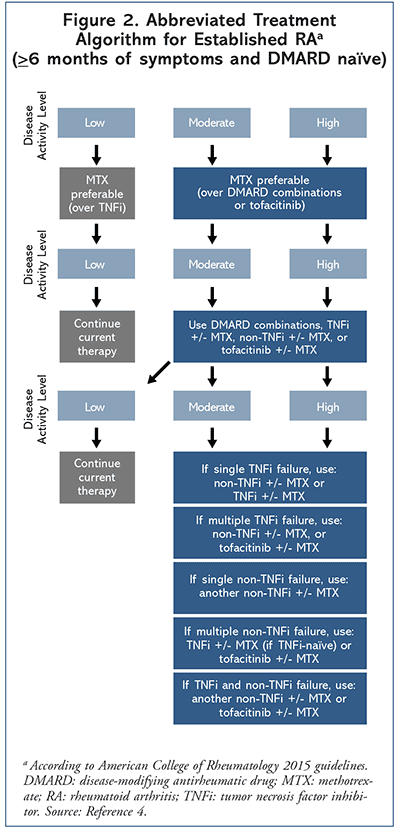
Rheumatoid arthritis is a chronic autoimmune disease that primarily affects the joints, causing inflammation, pain, and stiffness. It can also affect other areas of the body, such as the lungs and blood vessels. Currently, there is no cure for rheumatoid arthritis, but there are various treatment options available to manage symptoms and slow down disease progression. These treatments include conventional medications such as nonsteroidal anti-inflammatory drugs (NSAIDs) and disease-modifying antirheumatic drugs (DMARDs), as well as newer biologic therapies, JAK inhibitors, targeted synthetic DMARDs, and combination therapies. Additionally, nutritional and lifestyle approaches like dietary changes and exercise can also provide relief for individuals with rheumatoid arthritis. As research progresses, emerging therapies like stem cell therapy and gene therapy hold promise for the future of treating this debilitating condition.
Conventional Treatments

Conventional treatments for rheumatoid arthritis focus on managing symptoms and preventing further joint damage. Nonsteroidal anti-inflammatory drugs (NSAIDs) are commonly used to reduce pain and inflammation. Disease-modifying antirheumatic drugs (DMARDs) are another class of medications that can slow down the progression of the disease and preserve joint function. While NSAIDs provide short-term relief, DMARDs have a longer-term effect on the underlying cause of rheumatoid arthritis. These conventional treatments are widely used and have been effective in many patients, but they may not be suitable for everyone.
NSAIDs

NSAIDs, or nonsteroidal anti-inflammatory drugs, are commonly used to treat the symptoms of rheumatoid arthritis. These medications work by reducing inflammation and relieving pain. They are often the first line of treatment for mild to moderate pain associated with rheumatoid arthritis. NSAIDs can be taken orally or applied topically as a gel or cream directly to the affected joints. While NSAIDs are effective in managing symptoms, it is important to use them as directed and be aware of potential side effects such as stomach ulcers, kidney problems, and increased risk of cardiovascular events.
DMARDs
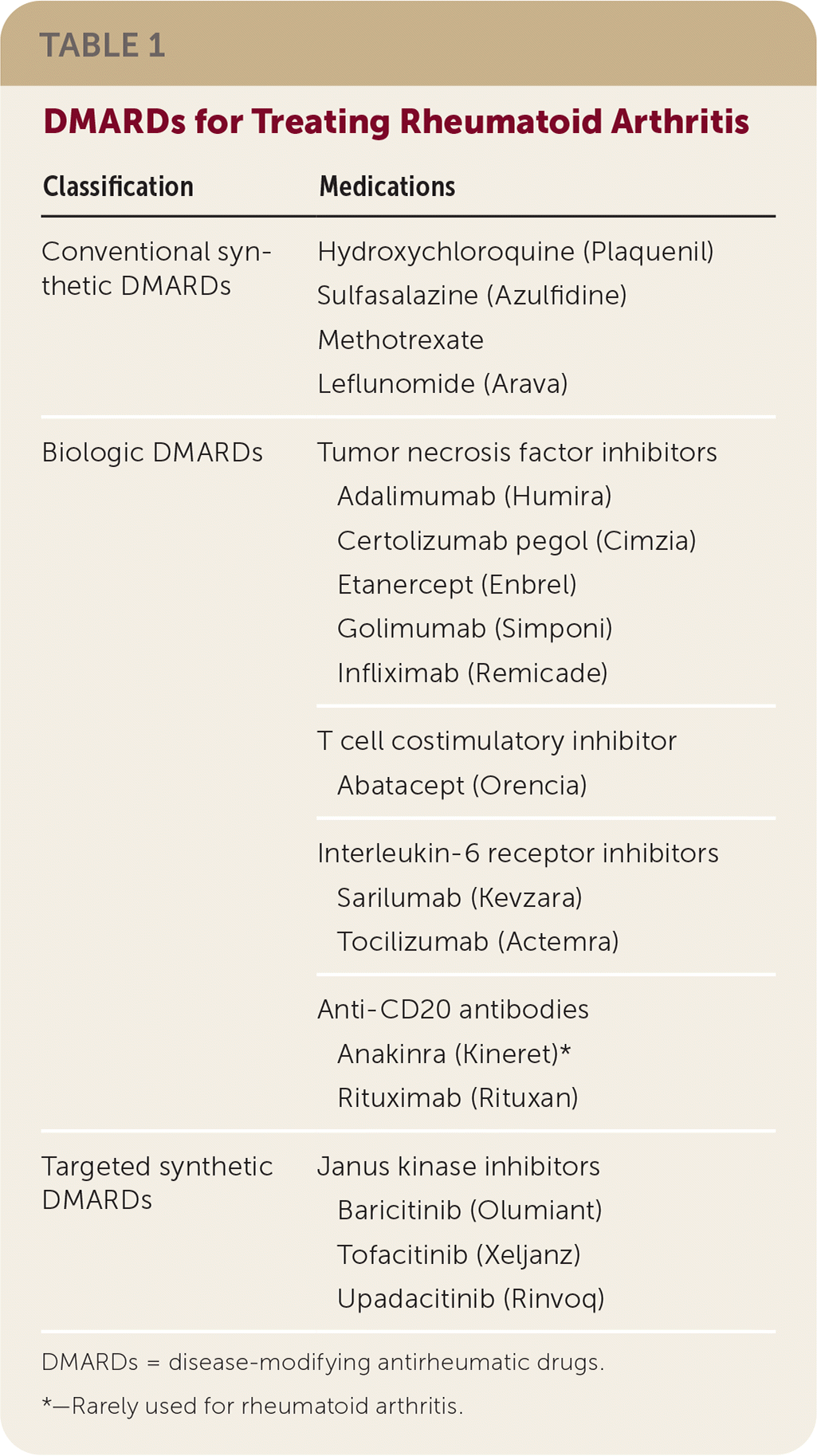
DMARDs, or disease-modifying antirheumatic drugs, are a commonly used class of medications for treating rheumatoid arthritis. These drugs work by suppressing the inflammation that causes joint damage and deformity in people with rheumatoid disease. DMARDs can help relieve pain, reduce swelling, and prevent further progression of joint damage. They are typically prescribed as a long-term treatment option and may be used in combination with other medications. Common DMARDs include methotrexate, sulfasalazine, and hydroxychloroquine. These drugs require regular monitoring for potential side effects and effectiveness.
Biologic Treatments
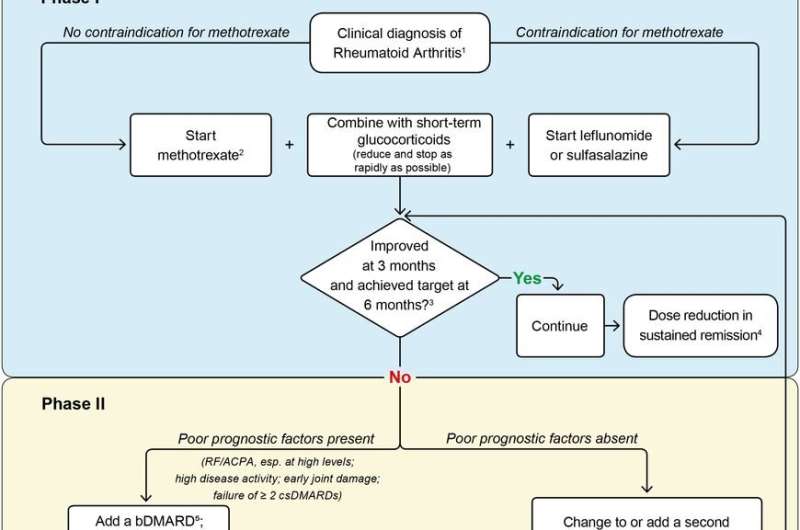
Biologic treatments have emerged as one of the most effective options for treating rheumatoid arthritis. These medications work by targeting specific components of the immune system involved in the inflammatory response. By doing so, they can help reduce joint pain, swelling, and stiffness associated with rheumatoid arthritis. Biologics are typically administered through injections or intravenous infusions and are often used when conventional treatments fail to provide sufficient relief. There are different types of biologics available, including tumor necrosis factor (TNF) inhibitors, interleukin-6 (IL-6) inhibitors, and B-cell depleting agents. Each type targets a different pathway in the immune system to help control inflammation and slow down the progression of rheumatoid arthritis.
How biologics work
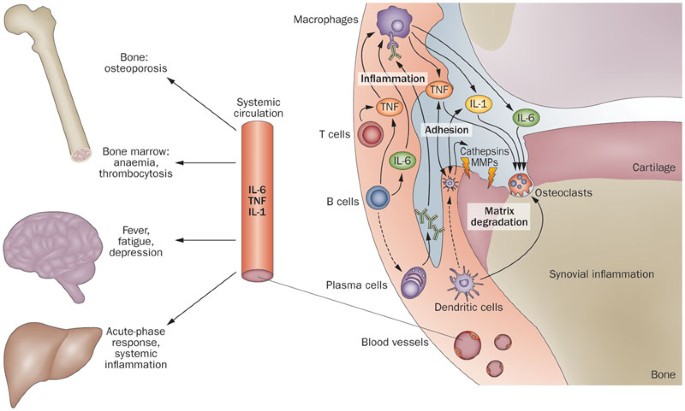
Biologics are a type of treatment for rheumatoid arthritis that target specific components of the immune system involved in the disease. They are designed to interfere with the inflammatory pathways responsible for joint damage and symptoms of rheumatoid arthritis. Biologics are usually administered by injection or infusion and work by blocking certain proteins, such as tumor necrosis factor-alpha (TNF-alpha) or interleukins, that contribute to inflammation. By inhibiting these proteins, biologics help to reduce inflammation, relieve pain, and slow down joint damage progression.
Different types of biologics
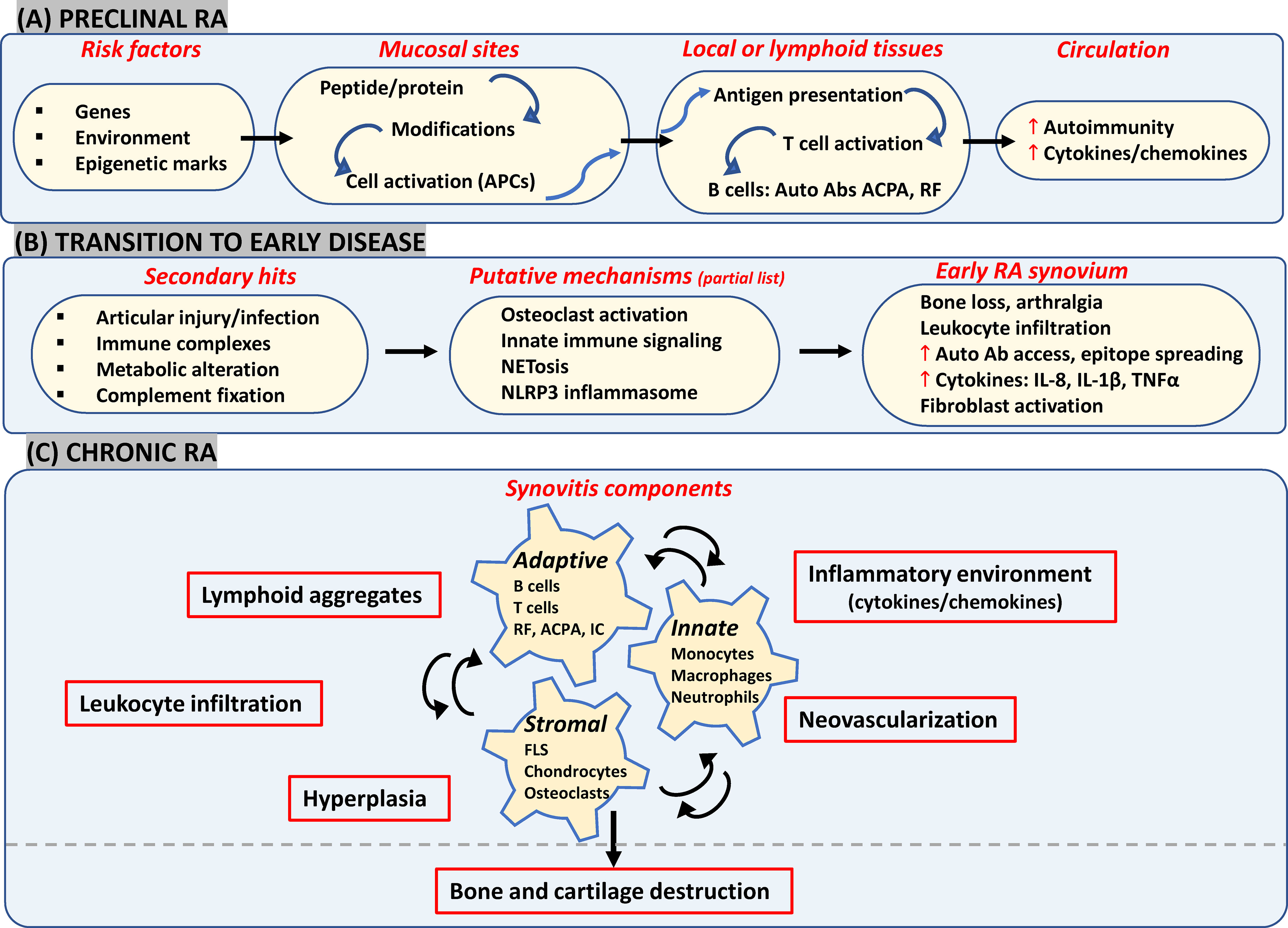
Different types of biologics are used in the treatment of rheumatoid arthritis. These medications target specific components of the immune system that contribute to inflammation and joint damage. One type of biologic is tumor necrosis factor (TNF) inhibitors, which block a protein called TNF that is involved in inflammation. Another type is interleukin (IL) inhibitors, which target specific cytokines involved in the immune response. Additionally, there are also B-cell therapy biologics, which work by reducing the number of B-cells that play a role in the autoimmune response. Each type of biologic has its own mechanism of action and potential side effects.
JAK Inhibitors
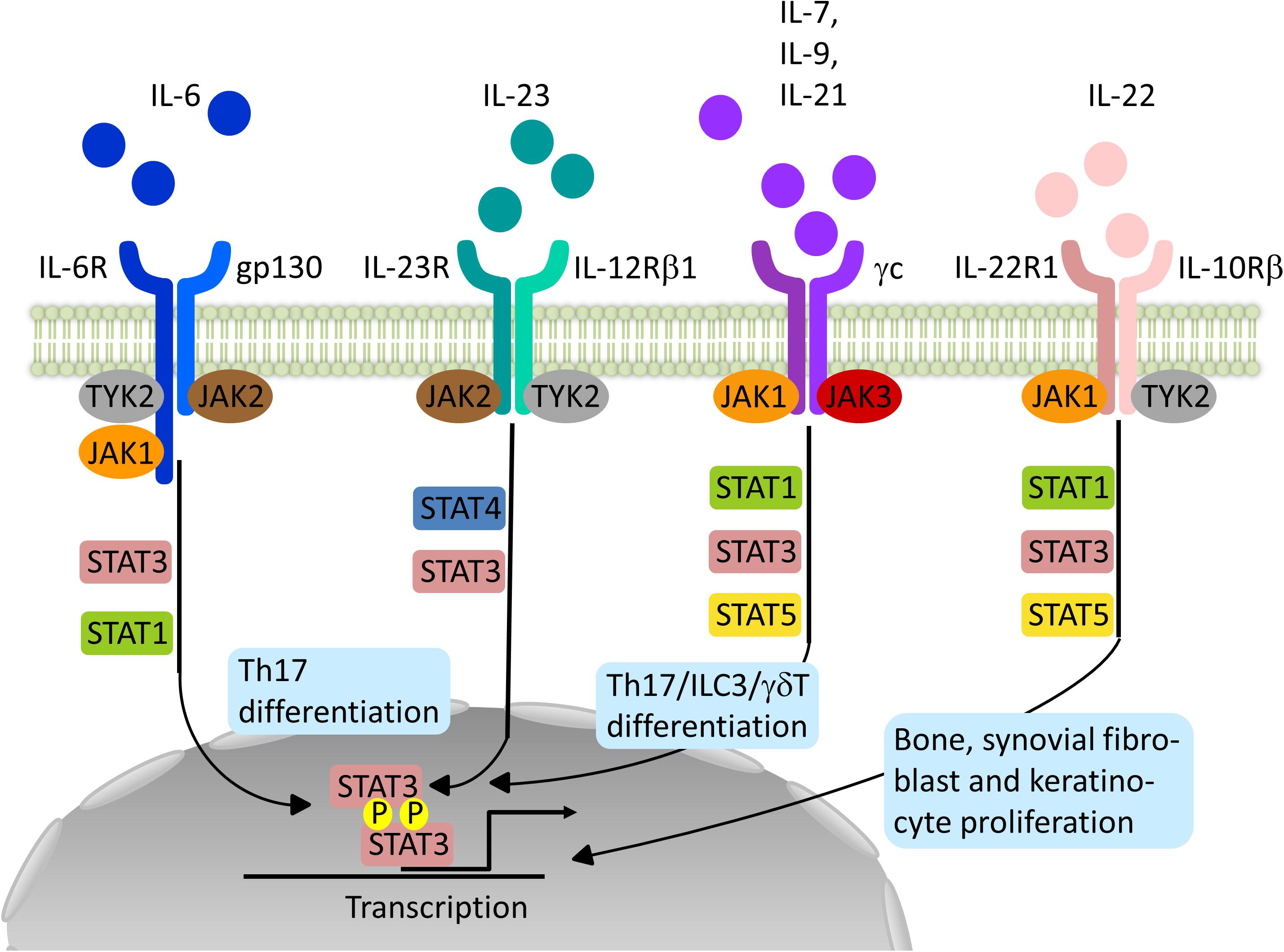
JAK inhibitors, or Janus kinase inhibitors, are a relatively new class of drugs that have shown promise in the treatment of rheumatoid arthritis (RA). These medications work by inhibiting the activity of specific enzymes called Janus kinases, which play a key role in the process of inflammation. By blocking these enzymes, JAK inhibitors can help reduce inflammation in the joints and alleviate the symptoms of RA. Some commonly used JAK inhibitors include tofacitinib and baricitinib. While these medications have been shown to be effective in managing RA, they can also have side effects such as increased risk of infections and elevated liver enzyme levels. It is important for patients to discuss the potential benefits and risks of JAK inhibitors with their healthcare provider before starting treatment.
Mechanism of action
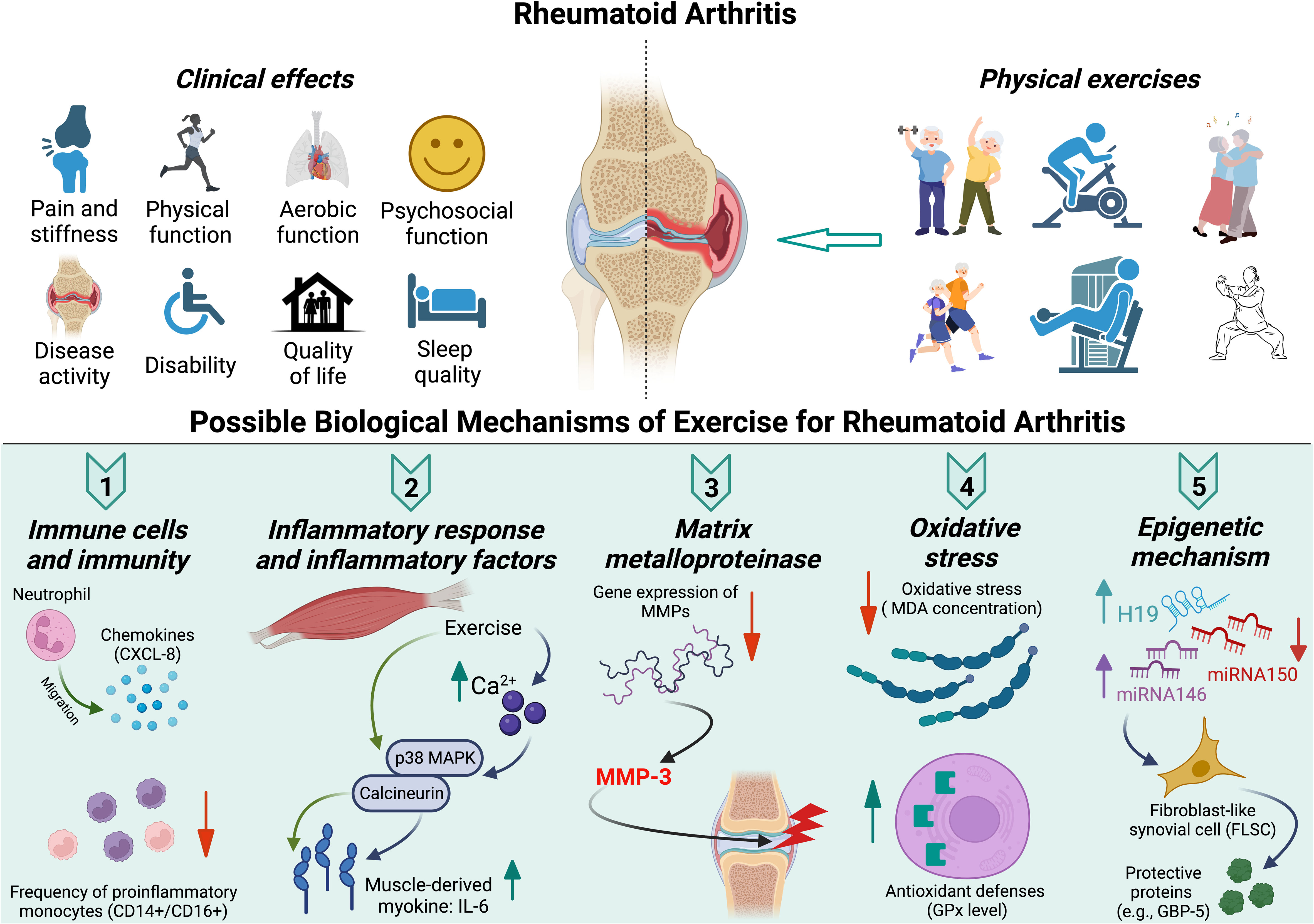
Mechanism of action refers to the specific way in which a medication or treatment works to target and address the underlying mechanisms of rheumatoid arthritis. In the case of targeted synthetic DMARDs, these medications work by inhibiting specific molecules or pathways that play a role in the inflammatory process seen in rheumatoid arthritis. By targeting these molecules, targeted synthetic DMARDs help to reduce inflammation, alleviate symptoms, and slow down the progression of joint damage. This targeted approach allows for more precise and effective treatment for individuals with rheumatoid arthritis.
Efficacy and side effects
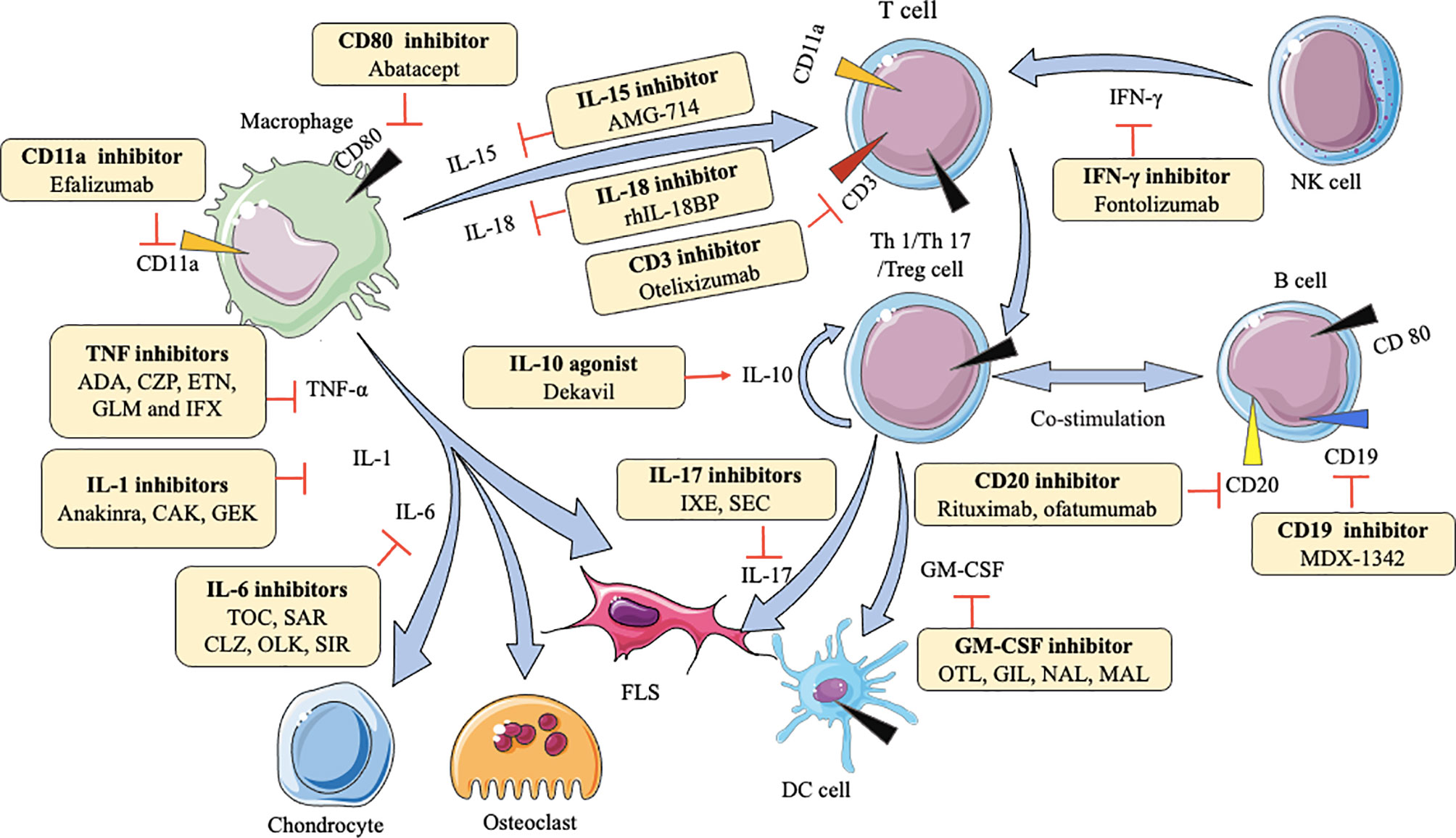
When it comes to treating rheumatoid arthritis, understanding the efficacy and potential side effects of different medications is crucial. Efficacy refers to how well a treatment works in relieving symptoms, slowing joint damage, and improving overall quality of life. Biologic treatments, such as JAK inhibitors and targeted synthetic DMARDs, have shown promising efficacy in reducing inflammation and disease activity. However, it's important to note that these medications may come with potential side effects like infections or allergic reactions. It's always necessary to weigh the benefits against the risks when considering different treatment options for rheumatoid arthritis.
Targeted Synthetic DMARDs

Targeted Synthetic DMARDs, also known as tsDMARDs, are a newer class of medications used in the treatment of rheumatoid arthritis. Unlike conventional DMARDs, which work by suppressing the immune system non-specifically, tsDMARDs specifically target certain molecules involved in the inflammatory process. This targeted approach helps to reduce inflammation and prevent joint damage more effectively. TsDMARDs have shown promising results in clinical trials, with studies indicating improved disease control and quality of life for patients with rheumatoid arthritis. Common examples of tsDMARDs include tofacitinib and baricitinib. As with any medication, it is important to discuss the potential benefits and risks with your healthcare provider before starting treatment with targeted synthetic DMARDs.
Mechanism of action

Targeted synthetic DMARDs (disease-modifying antirheumatic drugs) work through a specific mechanism of action to treat rheumatoid arthritis. Unlike traditional DMARDs, which suppress the immune system as a whole, targeted synthetic DMARDs selectively block the signaling pathways responsible for inflammation in RA. These medications inhibit specific molecules involved in the immune response, such as Janus kinases (JAKs). By disrupting these pathways, targeted synthetic DMARDs help reduce joint inflammation and slow down the progression of joint damage in individuals with rheumatoid arthritis.
Efficacy and side effects

When it comes to treating rheumatoid arthritis, it is important to consider the efficacy and potential side effects of different treatments. Evaluating the efficacy of a treatment involves assessing its ability to reduce symptoms, decrease disease activity, and improve quality of life for patients. In terms of side effects, it is crucial to weigh the potential risks against the benefits of the treatment. Some treatments may have common side effects such as gastrointestinal issues or increased susceptibility to infections. It is essential for healthcare professionals to closely monitor patients for any adverse reactions and adjust treatment plans accordingly.
Combination Therapies

Combination therapies involve the use of multiple medications to treat rheumatoid arthritis. This approach can be beneficial as it targets different aspects of the disease and may lead to improved outcomes. By combining medications with different mechanisms of action, such as nonsteroidal anti-inflammatory drugs (NSAIDs) and disease-modifying antirheumatic drugs (DMARDs), the inflammation and joint damage associated with rheumatoid arthritis can be better controlled. Specific combinations used for rheumatoid arthritis include methotrexate with sulfasalazine or hydroxychloroquine. These combinations have been shown to be effective in reducing disease activity and improving quality of life for patients with rheumatoid arthritis.
Benefits of combining medications

When it comes to treating rheumatoid arthritis, combining medications can offer several benefits. One of the main advantages is that it allows for a multi-targeted approach, targeting different aspects of the disease and providing more comprehensive symptom relief. Additionally, combining medications can enhance the effectiveness of each individual drug, leading to better overall control of symptoms and improved disease management. By using multiple medications with different mechanisms of action, healthcare providers can tailor treatment regimens to meet the specific needs of each patient, optimizing therapeutic outcomes and improving quality of life.
Specific combinations used for rheumatoid arthritis
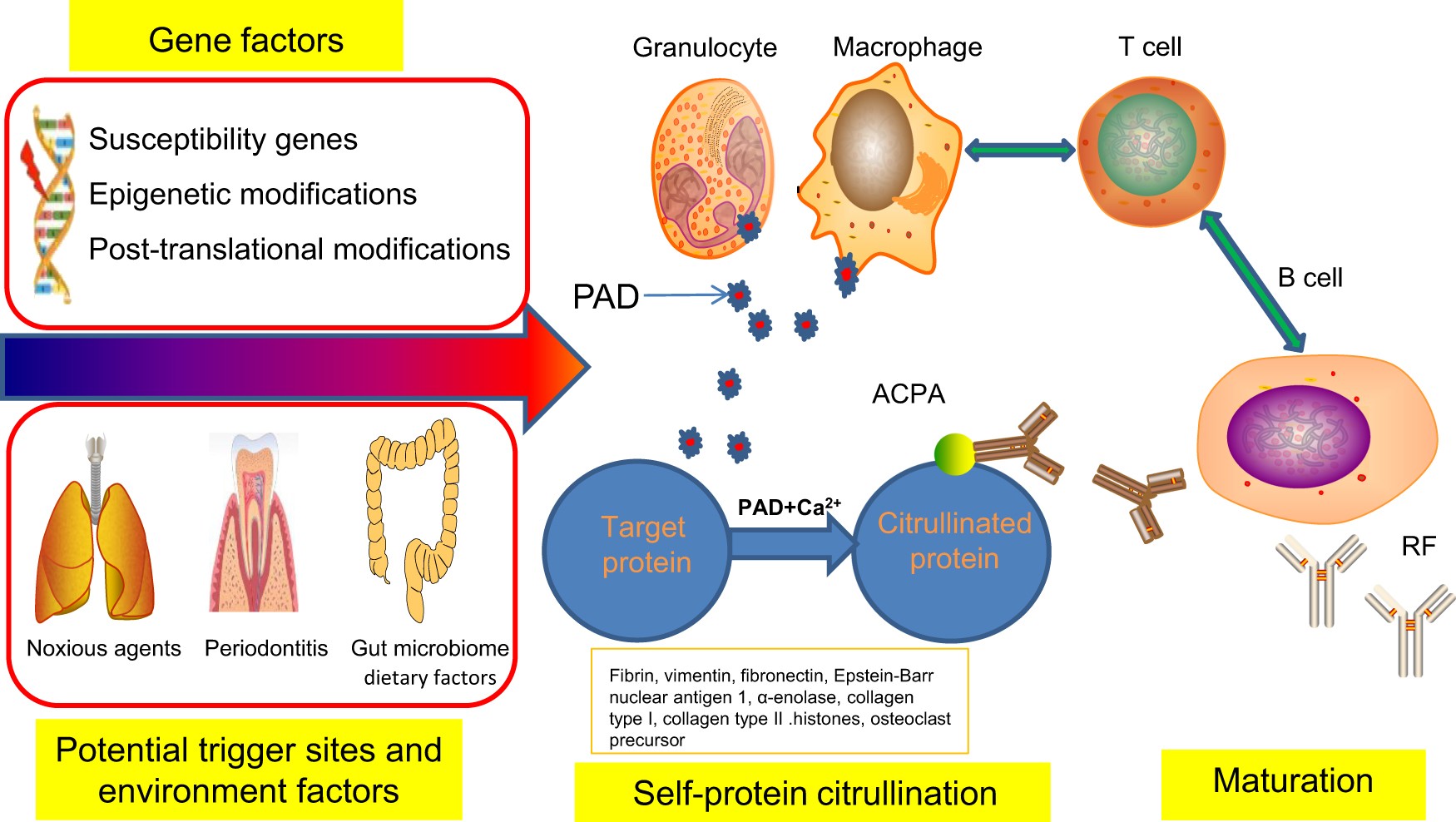
Specific combinations of medications are often used to effectively manage rheumatoid arthritis (RA). One common combination is the use of disease-modifying antirheumatic drugs (DMARDs) with biologic therapies. DMARDs such as methotrexate or sulfasalazine work to slow down the progression of RA and reduce joint inflammation. Biologics, on the other hand, target specific components of the immune system involved in RA. Combining these two types of medications can provide a more comprehensive approach to treating the disease and improving symptoms for individuals with rheumatoid arthritis.
Nutritional and Lifestyle Approaches
:max_bytes(150000):strip_icc()/rheumatoid-arthritis-diet-and-exercise-5094998_final-30997c03f3e94927898ceb065d0ee512.jpg)
Individuals with rheumatoid arthritis can also benefit from incorporating certain nutritional and lifestyle approaches into their treatment plan. Making dietary changes, such as reducing inflammation-triggering foods like fried and processed foods, and increasing the consumption of anti-inflammatory foods like fruits, vegetables, and omega-3 fatty acids, may help manage symptoms. Additionally, maintaining an appropriate weight through a balanced diet can alleviate stress on the joints. Regular exercise, including low-impact activities like swimming or cycling, along with physical therapy techniques tailored to improve joint flexibility and strength, can also be beneficial for managing rheumatoid arthritis symptoms. These approaches aim to support overall well-being and enhance the effectiveness of conventional and biologic treatments.
Dietary changes
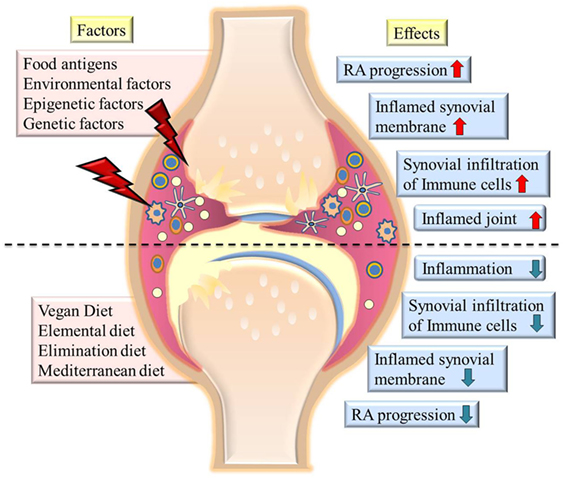
Dietary changes play a crucial role in managing rheumatoid arthritis (RA). While there is no specific "RA diet," certain foods can help reduce inflammation and improve overall health. Research suggests that incorporating an anti-inflammatory diet rich in fruits, vegetables, whole grains, lean proteins, and healthy fats can be beneficial for individuals with RA. Additionally, limiting processed foods, sugar, and saturated fats can help alleviate symptoms. Some studies have also explored the potential benefits of omega-3 fatty acids found in fish oil supplements. It is important to consult with a healthcare professional or registered dietitian for personalized dietary recommendations.
Exercise and physical therapy

Exercise and physical therapy are crucial components of managing rheumatoid arthritis. Regular exercise helps improve joint function and flexibility, reduces pain, and increases muscle strength. It can also help manage weight, which reduces strain on joints. Physical therapy involves targeted exercises, stretches, and manual techniques to improve joint mobility and reduce stiffness. Working with a physical therapist can help develop an individualized exercise program and teach proper techniques to protect joints. Combined with other treatments, exercise and physical therapy play a vital role in maintaining joint health and overall well-being for individuals with rheumatoid arthritis.
Emerging Therapies

Emerging therapies play a crucial role in the advancement of rheumatoid arthritis treatment. Two promising areas of research in this field include stem cell therapy and gene therapy. Stem cell therapy involves using stem cells to repair damaged tissues and reduce inflammation in the joints. Gene therapy aims to modify the genes responsible for triggering rheumatoid arthritis, offering potential long-term relief. While these therapies are still in the experimental stages, they hold great promise for the future of rheumatoid arthritis treatment. Continued research and development are necessary to fully understand their effectiveness and safety.
Stem cell therapy
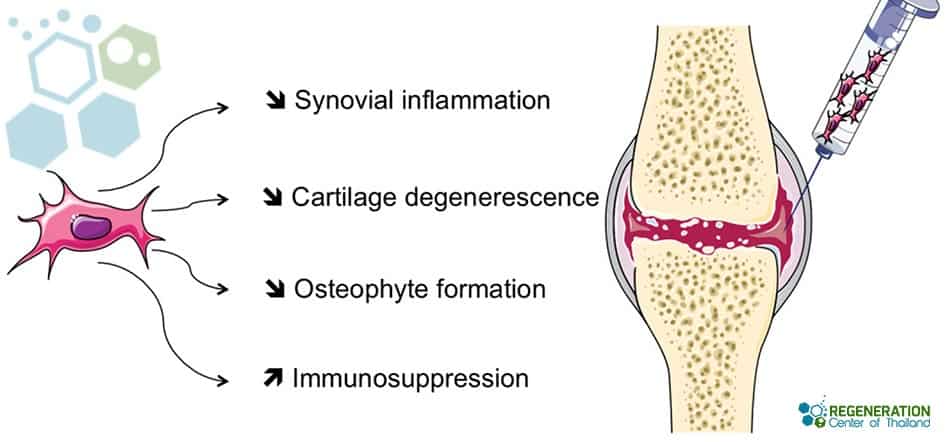
Stem cell therapy has emerged as a promising avenue for treating rheumatoid arthritis. Stem cells are unique cells with the ability to transform into various types of cells in the body. In stem cell therapy, these cells are harvested from the patient's own bone marrow or adipose tissue and then injected into the affected joints. These transplanted stem cells have the potential to regenerate damaged tissues and reduce inflammation, providing relief for rheumatoid arthritis symptoms. While research in this field is still ongoing, early studies have shown promising results, making stem cell therapy an exciting area of exploration for treating rheumatoid arthritis.
Gene therapy
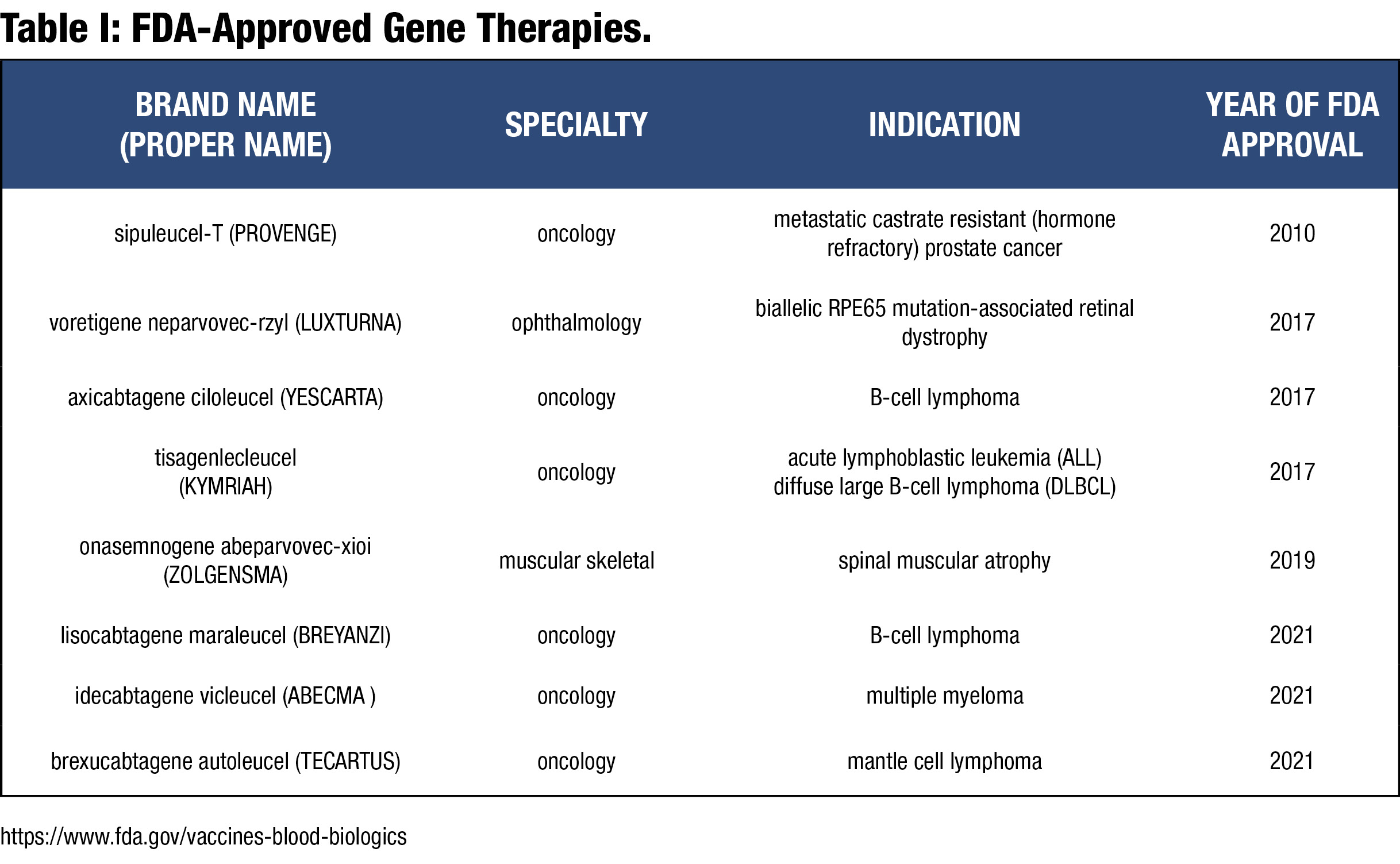
Gene therapy is an emerging approach in the treatment of rheumatoid arthritis. It involves the introduction of specific genes into a patient's cells to modify their function and alleviate disease symptoms. The aim is to correct any genetic defects or abnormalities that contribute to the development and progression of rheumatoid arthritis. By targeting the root cause at the genetic level, gene therapy has the potential to provide long-lasting and precise treatments for this complex autoimmune condition. However, further research is needed to fully explore the safety and efficacy of gene therapy in treating rheumatoid arthritis.
Conclusion

In conclusion, the latest research on treating rheumatoid arthritis has revealed significant advancements in the field. Conventional treatments such as NSAIDs and DMARDs have been effective in managing symptoms and slowing disease progression. Biologic treatments, JAK inhibitors, targeted synthetic DMARDs, and combination therapies have also shown promising results in improving patients' quality of life. Additionally, nutritional and lifestyle approaches like dietary changes and physical therapy complement pharmacological interventions. Exciting emerging therapies such as stem cell therapy and gene therapy offer new possibilities for future treatment avenues. With ongoing research and development, the outlook for rheumatoid arthritis patients continues to improve.
Summary of latest research and future directions
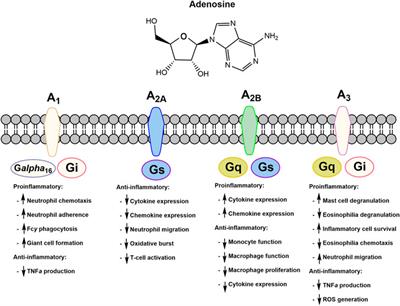
In recent years, there have been significant advancements in the treatment of rheumatoid arthritis (RA). Studies have focused on the development of new biologic therapies, such as JAK inhibitors and targeted synthetic DMARDs, which have shown promising results in managing RA symptoms and reducing joint damage. Additionally, emerging therapies like stem cell therapy and gene therapy are being researched for their potential to revolutionize RA treatment. Looking ahead, future research aims to improve the effectiveness and accessibility of these treatments, as well as explore novel approaches such as personalized medicine and immunotherapy.
References

The "References" section provides a list of sources that have been cited throughout the article. This section includes research papers, scientific studies, clinical trials, and other reputable sources from which the information presented in the article has been gathered. By listing the references used, readers can access these sources for further reading and verification of the information provided. It is important to consult these references to ensure accuracy and credibility in discussions about rheumatoid arthritis treatment options and emerging therapies.

